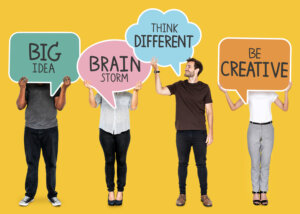
As a speech coach and trainer, I talk about knowing your audience, knowing your subject and knowing yourself. Audience feedback is very important, but I think my colleague, Vasco Gaspar, who writes on Communicating Effectively in My Bright Child, is right in that not everyone listens as well as they should; and that includes the trainer or speaker who should be well aware his trainees or audience could be faking it. After all they are supposed to be listening. For the trainees, it wouldn’t “look” good to their employers if they weren’t. So, maybe we, trainers and public speakers should pay particular attention?
We should also pay attention to our own listening abilities. So, it seems that this is a very good training topic. Often our trainees or our audiences look as though they are listening intently, but their minds are elsewhere. We do it, too. We put on the sincere face and nod appreciatively for a comment or a question, then go off on our own. Did we really listen? And I don’t mean just with our ears…or Gaspar thinks, and I agree.
He’s well qualified to talk about listening, having graduated with a degree in Psychology from the University of Coimbra (in Portugal) and has experience in Organizational Consulting, Training, Wellness and Innovation. He also studied more than a 100 authors of different fields and came up with ZorBuddha, a tool that is helping people in more than 45 countries to become more aware and positive. For more information about the author and his work, visit: http://zorbuddha.org/
 As trainers, speakers and presenters, we should know better than anyone that we do not communicate with words only. That includes our audiences, too. Are we really listening to them as we present our material?
As trainers, speakers and presenters, we should know better than anyone that we do not communicate with words only. That includes our audiences, too. Are we really listening to them as we present our material?
“We communicate in many different shapes and sizes – through gestures, glances, symbols, words, etc… Our society evolved because we were able to impart knowledge and create new one based on the existing one. Our education system is based on the assumption that information is being transmitted and, therefore, we learn to speak and to use language.”
Gaspar says there plenty of courses out there that “offer to train people to communicate in a better way but are generally focused only on the emitter of information and little or no responsibilities are assigned to the receiver.” Few, he says, focus on teaching us how to listen.
Would you believe we talk twice as much as we listen?
“Even in biological terms we have two ears and one mouth, but there are only few people who use these devices in that proportion.”Blank stares and distant looks give away that someone is not really listening to us but off in another world. Ever have someone in the audience say something totally off-the-wall and unrelated to what you were talking about. Not listening.
Gaspar says that’s because it “is related to the discrepancy between the verbal (or digital), dominated by the left side of our brain, and non-verbal language (or analog) decoded predominantly on the right side. Traditionally, women have a greater ability to repair these discrepancies, and are often said to be holding a 6th sense.”
Does that mean women listen better, or can fix it easier?
Of course the real question that comes to mind–is what to do about it? We need to recognize that there are those trainees who will be somewhere in outer space instead of with us. Naturally, we want to bring them home. We have ways, my friends, of holding their attention hostage–or do we? Perhaps, first, we have to listen better ourselves.
The first step, Gaspar says, “is to be aware of our need to talk. Before doing so, ask yourself if what you are about to say:
- Is really bringing value to the person or to the talk in general
- Or is it just your need for attention, to want to “show up”
- Or is it to cover the silence and the fear that it causes.”
He says that this is the time to listen. I never thought about it this way, but you have to “dominate” the will to speak. That’s a hard one isn’t it? But then, everyone wants to talk–even to “cover the silence.” Ever talk to someone who says, “I know what you mean,” and he or she does before you have finished. That person has been aware of the other signals you are sending and deduces where you are going. Or, the person who you are speaking with just looks blankly waiting or asking for verbal clarification when you think it should be obvious. Patiently you explain, while wondering why you have to.
It seems not all of us are wired to do more than just hear the words–that is to also listen recognizing tone, gestures and posture as communication devices; however for us trainers, speakers, and even actors, it is critical to reading our audience. Think about it. If you find you are not a good listener, and I don’t mean getting every detail or word that is spoken but the meaning–maybe there is room for improvement.
Gaspar also says it’s important to hear our own bodies. It’s all about neurons sending information to the brain.
“Did you know that we have in our intestines the equivalent amount of neurons that exist in the brain of a cat? And that our heart also has an independent network of neurons, sending information to the brain even more than they receive from it? It would be wise then, the next time when you feel some tightness in the stomach or a stab in the heart when you talk to someone, to ‘listen’ to the advice of your body as it may be giving you some kind of clue about the precious message from the other person.”
He says other indicators are related to the movement of blood. It’s that brain of ours telling us something is happening, sending the blood rushing and preparing our body for action. This should be a clue.
Know your audience, know your subject and know yourself. My mantra. Listening affects all three. We need to be aware of our audience and their ability or inability to listen to us and look for the signs. We won’t know our subject very well if we didn’t listen in preparing our presentation. And, if we know ourselves, we will feel, sense, see the signals and listen beyond the words.
“If you…really want to hear each other, then stop talking for a moment (even inside your brain), listen to his/her words, his/her tone of voice and to his/her body language and, above all, listen to YOURSELF. Be fully present to the other, giving him/her one of the most precious things that you have: your attention. Do not expect or look out for anything. Just listen, be totally present. This is how you will actually hear something new.”
—
For more resources about training, see the Training library.
I remind you that the comments (with the inspiration of Vasco Gaspar) are my own and not necessarily the opinion of The Free Management Library. Please take time to comment and let us know what you think. Don’t want to do it here, comment on my website, where I talk about topics other than training and development like communication and theatre. If you are in need of a training developer, designer or manager or just a trainer or a speaker, let me know. Be sure to check out my book, The Cave Man’s Guide to Training And Development now available. Happy training. And, please take my ideas with you.
 Sections of this topic
Sections of this topic




